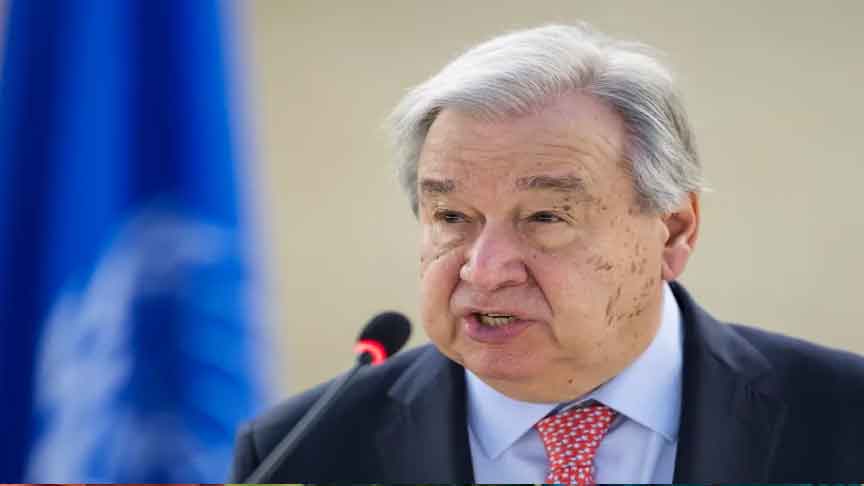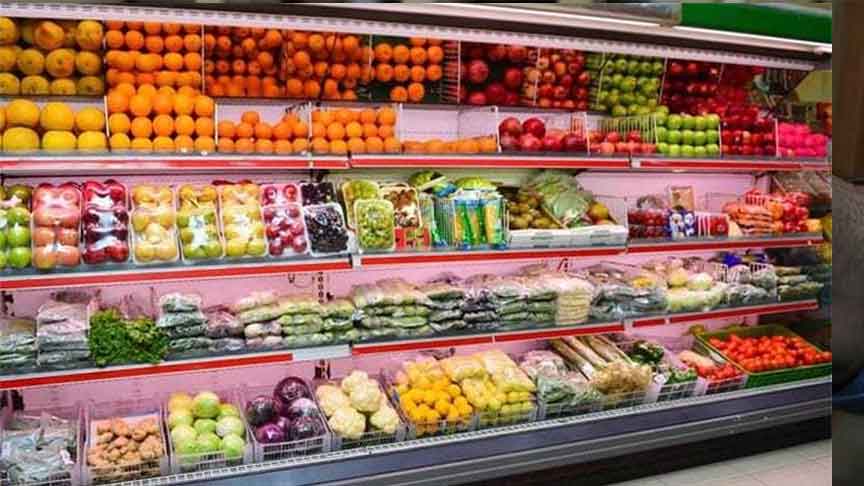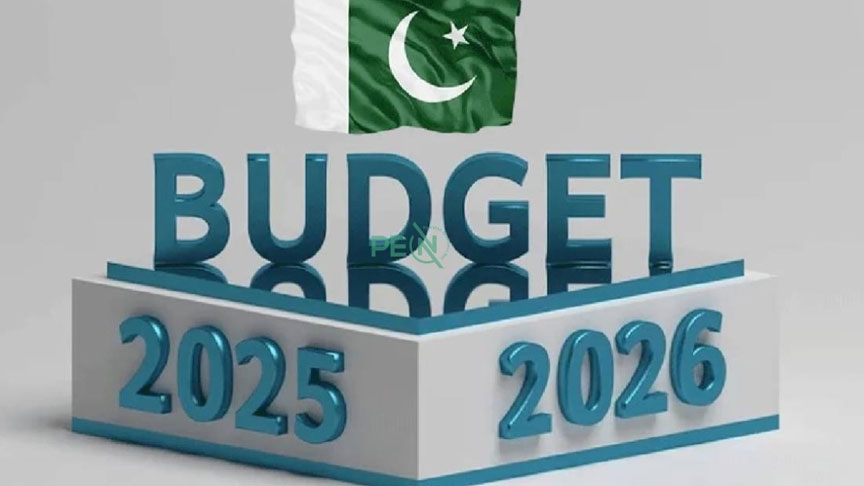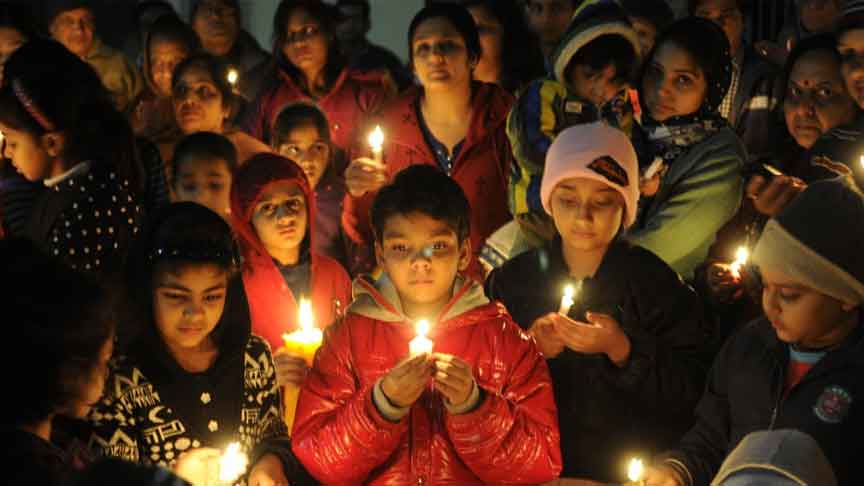
He said the assistance authorised to enter Gaza up until now “amounts to a teaspoon of aid when a flood of assistance is required”.
“We are working around the clock to get whatever aid we can to people in need, and we managed to distribute some wheat, flour, baby food, nutrition supplements and medicine.”
“Strict quotas are being imposed on the goods we distribute along with unnecessary delay procedures,” Guterres tells reporters.
He says Israel’s military offensive is intensifying “with atrocious levels of death and destruction” and notes that four-fifths of Gaza’s territory is a “no-go zone” for Palestinians, Al Jazeera reported.
He reiterates that the UN will not take part in any alternative aid schemes that do not adhere to humanitarian principles, and says the world body has the system and staff needed to deliver assistance in Gaza.
“The big picture is that without rapid, reliable, safe and sustained aid access, more people will die and the long-term consequences on the entire population will be profound.”
Also Philippe Lazzarini, the head of the UN agency for Palestinian refugees (UNRWA), said the aid trickling in to Gaza is “a needle in a haystack” amid dire conditions.
“The people of #Gaza have been starved + deprived of the basics including water & medicines for more than 11 weeks. Mothers and fathers have run out of food for their children. Older people died because of lack of medicines,” he wrote in a post on X.
“A meaningful & uninterrupted flow of aid is the only way to prevent the current disaster from spiraling further,” Lazzarini added.
As we’ve been reporting, the WFP said 15 of its trucks carrying food supplies were looted last night in southern Gaza. “Hunger, desperation and anxiety over whether more food aid is coming, is contributing to rising insecurity,” the UN agency said.




